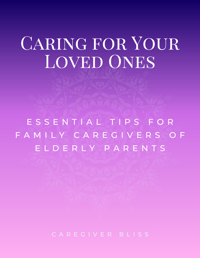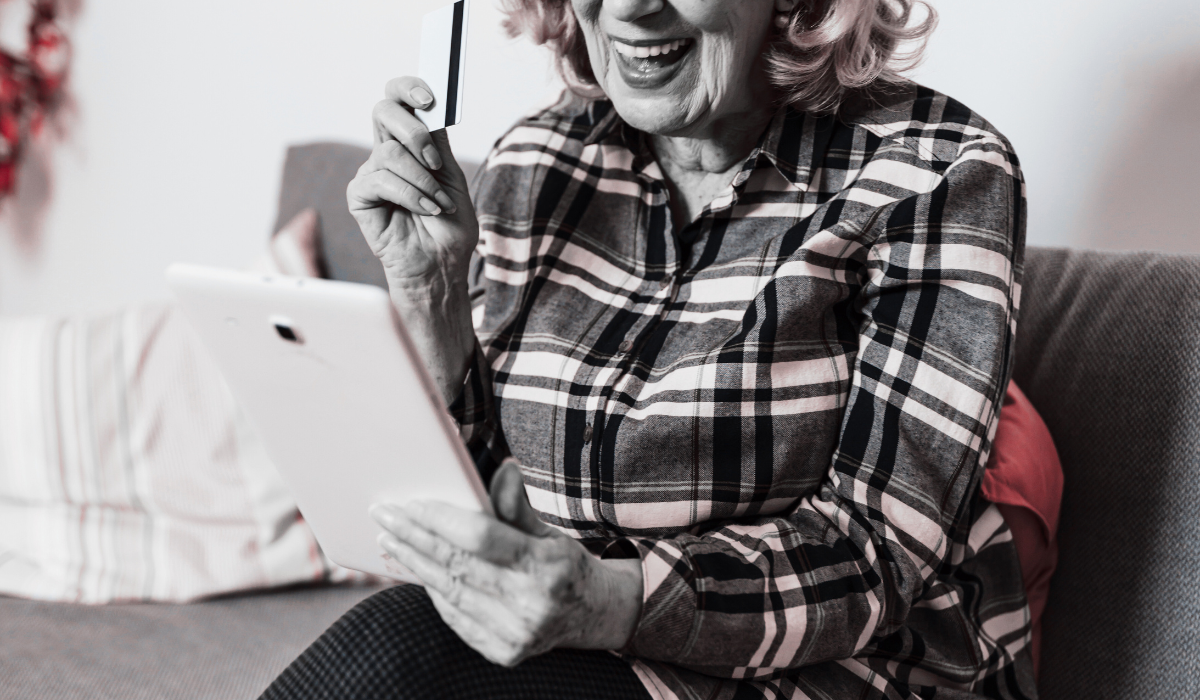As our loved ones grow older, they may need a little extra support to navigate their daily lives. However, it is essential to remember that independence is a valuable aspect of their well-being. Caregivers play a vital role in helping elderly individuals maintain their independence while providing the necessary assistance.
In this article, we will explore some practical ways caregivers can promote independence for their elderly loved ones.
Encourage Decision Making
One way caregivers can support independence is by involving their elderly loved ones in decision-making processes. Whether it's choosing what to wear or deciding on meals, including them in these discussions empowers them to make choices for themselves. It allows them to maintain a sense of control over their lives, boosting their self-esteem and overall well-being.
Adapt the Living Environment
Modifying the living environment can significantly impact an elderly person's independence. Simple changes, such as installing handrails in hallways or grab bars in the bathroom, can provide extra stability and reduce the risk of falls. Rearranging furniture to create clear pathways and removing clutter can also make movement easier. These adjustments enable older adults to move around their homes with greater confidence and freedom.
Promote Physical Activity
Encouraging regular physical activity is another way caregivers can promote independence. Physical exercise helps maintain strength, balance, and flexibility, making daily tasks more manageable. Caregivers can suggest activities like walking, light stretching exercises, or even joining a senior exercise class. Engaging in physical activities not only improves physical well-being but also enhances mood and overall quality of life.
Support Medication Management
Many older adults take multiple medications, which can be overwhelming to manage independently. Caregivers can help by organizing pillboxes or setting up a medication schedule. Teaching and reminding them about proper dosage and timing can prevent medication errors and foster independence. It's essential to involve healthcare professionals in medication management to ensure safety and accuracy.
Foster Social Connections
Maintaining social connections is vital for emotional well-being and independence. Caregivers can support their elderly loved ones by helping them stay connected with family, friends, and the community. Encourage regular phone calls, video chats, or even arranging visits. Participating in senior centers, clubs, or volunteer activities can provide opportunities for social engagement and prevent feelings of isolation.
Enable Technology Use
Technology can be a valuable tool for promoting independence. Introducing your elderly loved ones to devices like smartphones or tablets can help them stay connected, access information, and engage in various activities. Teach them how to use communication apps, search the internet for information, or even play games to keep their minds active. Assisting them in learning and utilizing technology empowers them to navigate the digital world independently.
Conclusion
As caregivers, it is crucial to prioritize the independence and well-being of our elderly loved ones. By encouraging decision-making, adapting the living environment, promoting physical activity, supporting medication management, fostering social connections, and enabling technology use, we can empower them to live fulfilling lives with a sense of autonomy. Remember, promoting independence doesn't mean abandoning them but rather providing the necessary support to ensure their continued autonomy and happiness.
We hope this article has provided valuable insights into promoting independence for elderly loved ones. We would love to hear your thoughts and experiences in the comments below. How do you support the independence of your elderly family members? Share your tips and stories to inspire others on their caregiving journey!
Free Guide:
Caring For Your Loved Ones
 Attention family caregivers! Are you struggling to provide the best care for your aging parents? Don't worry, we've got you covered.
Attention family caregivers! Are you struggling to provide the best care for your aging parents? Don't worry, we've got you covered.
Download our free guide, Caring for Your Loved Ones: 10 Essential Tips for Family Caregivers of Elderly Parents, and unlock the secrets to becoming an exceptional caregiver.
From adapting the home environment to promoting independence, this invaluable resource will transform your caregiving experience into a more rewarding journey. Don't wait—give your loved ones the care they deserve, and download your free copy today!

